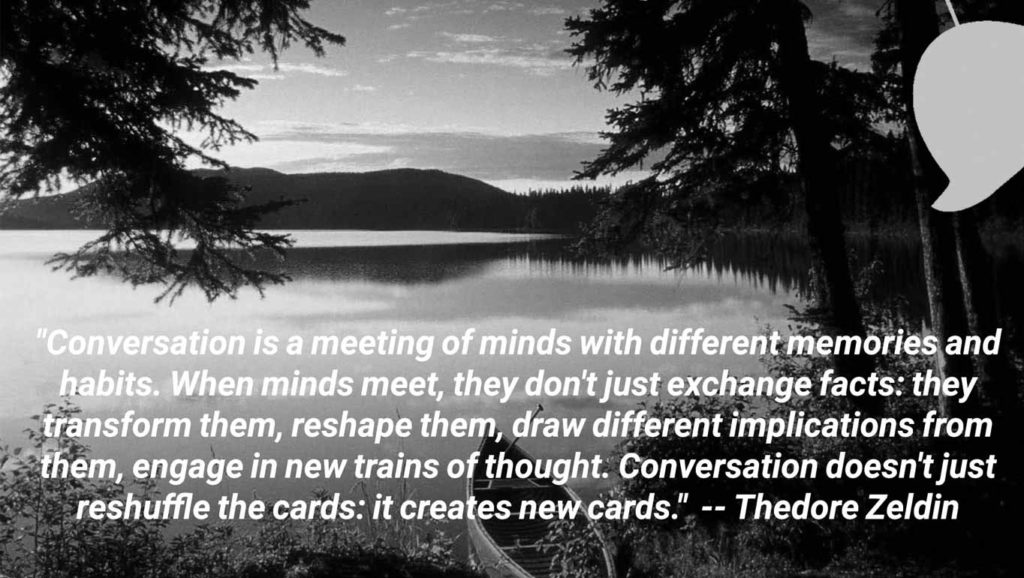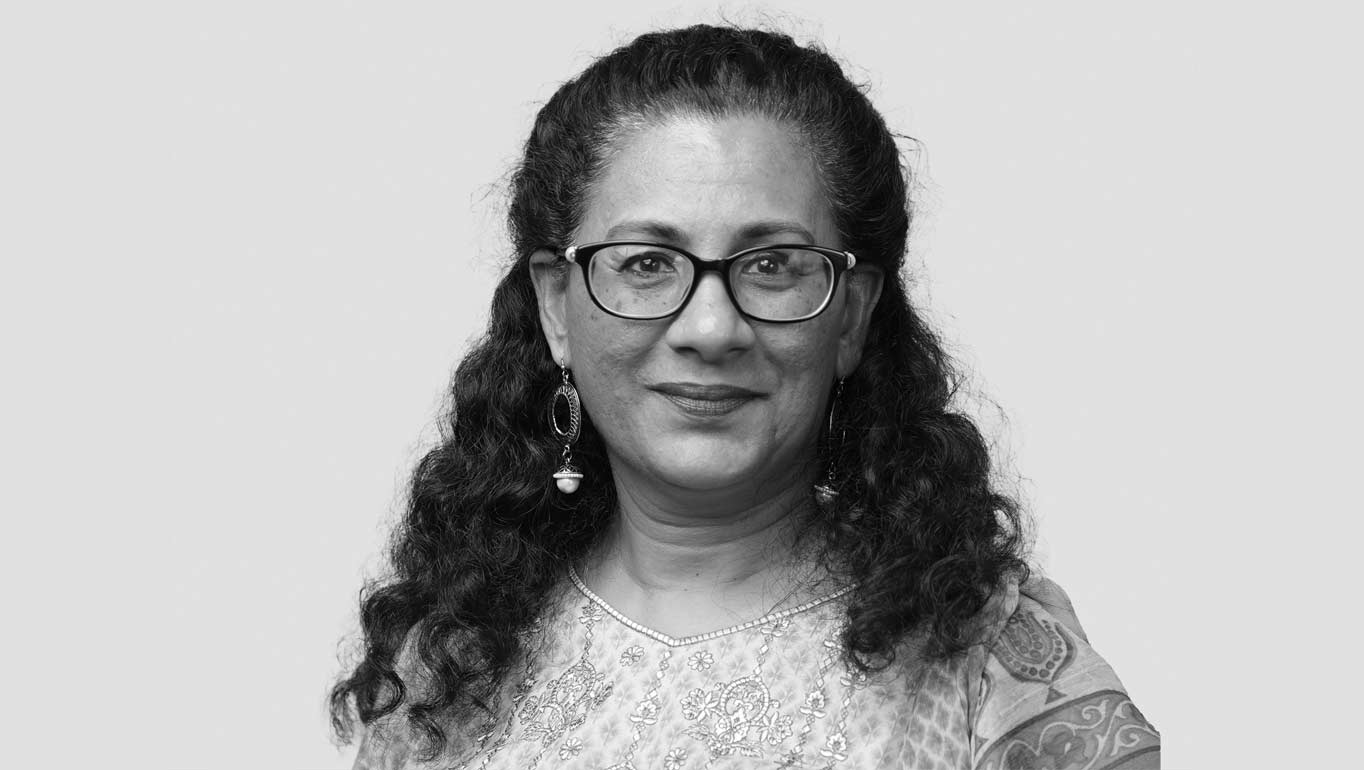On a sunny afternoon in New York, we metwith Ms. Susan John, Chief of Office for the United Nations Ombudsman and Mediation Services (“the Office”) to review her first year in the position and discuss informal conflict resolution.
Skilled and passionate
Passionate about alternative dispute resolution, Ms. John joined the Office in 2010, as Regional Ombudsman in Bangkok, excited and eager to use her mediation training and skills in the UN workplace. A generalist, with a background in literature, law (JD) and international relations (Master’s), and broad experience and knowledge of the UN system, Ms. John considers alternative dispute resolution to be a vocation that brings together her education, qualifications, and interests with her desire to help others and make a positive impact. She became Chief of Office in October 2021.
Ms. John is described by her colleagues as “centered, steadfast and value-based.” Resourceful, she diligently implements the vision of the United Nations Ombudsman and leads her team with a sharp mind and a human approach. She actively seeks to ensure consistency of practice and incorporates lessons learned about flexibility and agility as a result of the COVID-19 pandemic. Welcoming and approachable, she believes that “the sum of us is better than the one of us,” noting that visitors are best served by conflict resolution professionals working together, combining their skill sets to provide appropriate services.
From conflict to harmony
Ms. John explained: “In our diverse organization, workplace conflict is inevitable, it does not have to hurt people, paralyze teams, and hold the organization hostage for months. Seeking informal solutions early can enable visitors to repair and restore working relationships and foster a healthier, more productive workforce.”
For staff members involved in, or affected by, a conflict, contacting the Office is a safe, confidential first step and an opportunity to explore new perspectives, review options and learn to have difficult conversations. Colleagues can engage in constructive and transformative conversations about differing views and opinions with a third-party neutral facilitating the discussion. In the words of a recent visitor: “I doubt I would have been able to get through it without your expert assistance. It’s great to know that these resources are available to staff members.”
Ms. John believes in “informal first,” which she sees as a way to apply, within the Organization, the principles of the United Nations Charter of “practic[ing] tolerance and liv[ing] together in peace.” Informal conflict resolution allows for early and swift intervention while respecting the dignity of the parties and fostering good working relationships. Without taking sides or making decisions for the visitors, ombudsmen and mediators will listen in complete confidence and empower parties to develop creative solutions suitable for their needs. Engaging in an informal process does not preclude visitors from filing a formal complaint if they so choose.

Impact on the Organization
“Listening to one another is powerful. Individuals are far more than the “labels” we tend to place on one another. When we listen actively, we discover each other’s multifaceted identities, which can affirm dignity and rebuild damaged relationships. We are transformed when we engage in mindful conversations, and we can then transform our circumstances.” If a conflict is left to fester, stress levels increase, colleagues become demotivated or sick, and they lose confidence. It affects the ability of individuals to work, of teams to deliver on their mandates, and the Organization loses. Informal conflict resolution can restore harmony and improve working relationships.
Ms. John added that, in listening to visitors and stakeholders, ombudsmen and mediators often identify issues that are broader than individual concerns. The Office brings such systemic insights to the attention of stakeholders at all levels for their appropriate consideration. Some examples of systemic observations that informed organizational initiatives are those related to gender parity, mental health, flexible work arrangements, performance management, and the new values and behaviors framework. Through its systemic work, the Office also contributed to the UN Secretariat efforts to address racism and promote dignity for all.
Looking forward
The pandemic taught us that resilience must be complemented by flexibility and adaptability. The Office continues to offer its services to all UN Secretariat staff regardless of duty station and remains agile and ready to move from in-person to virtual settings given the ever-changing circumstances. It also makes available to all up-to-date information, including contact lists and tips to improve communication, on its multilingual website un.org/ombudsman, on global digital platforms, and in regional or local magazines and newsletters. Ms. John invites staff members to reach out and learn more about what the Office does or how to access the services of a conflict resolution officer in any of the official languages.



